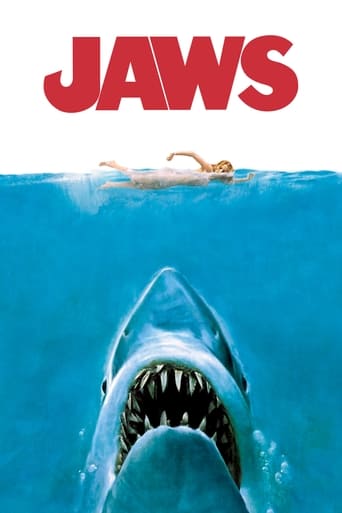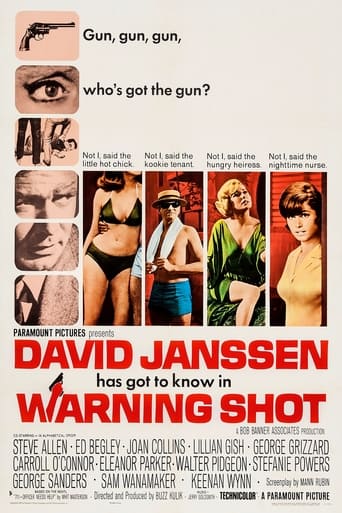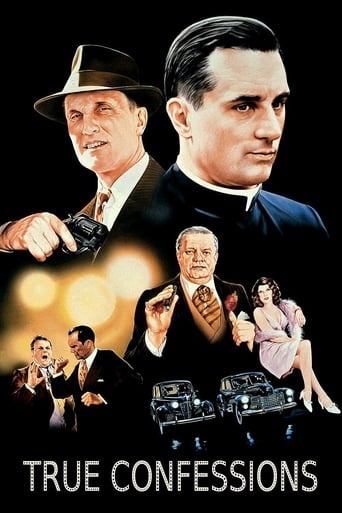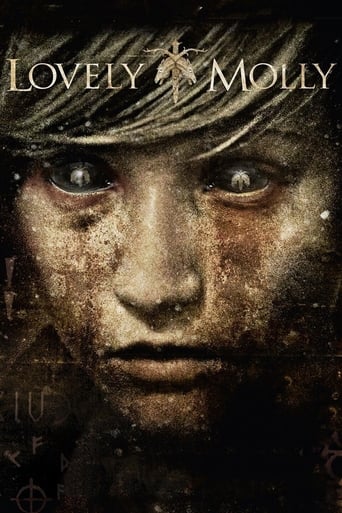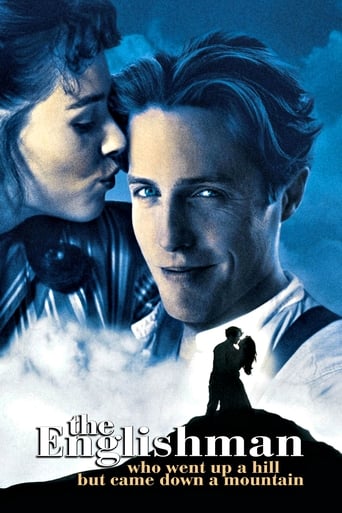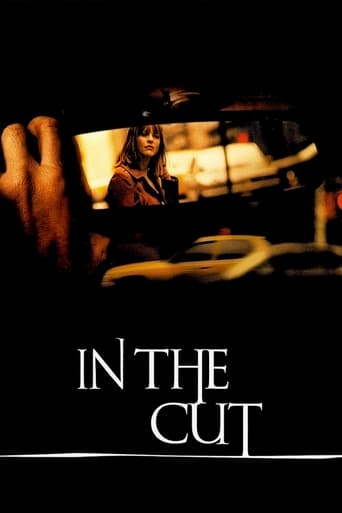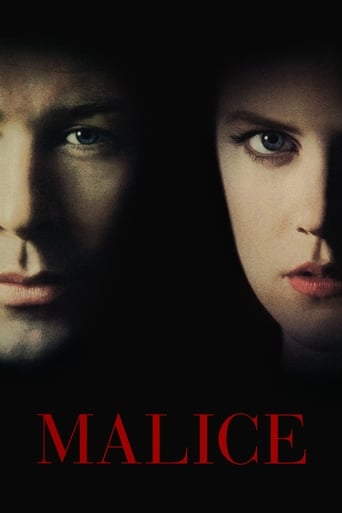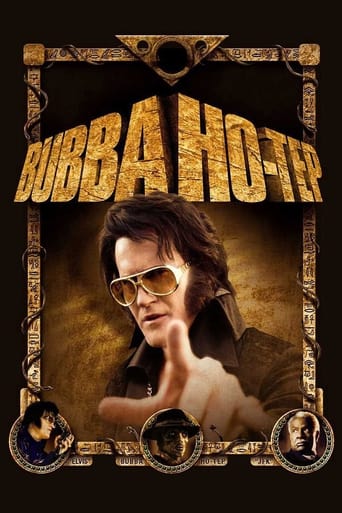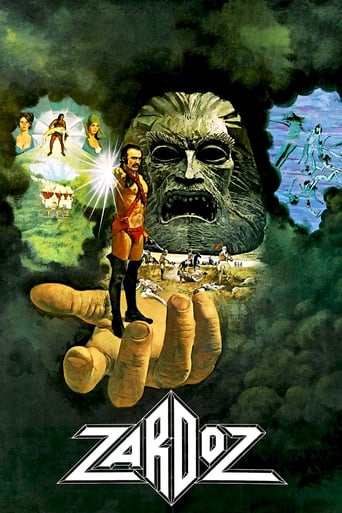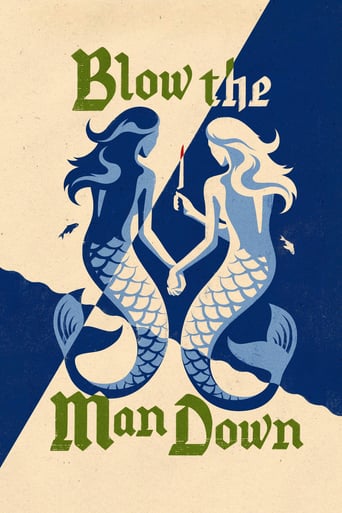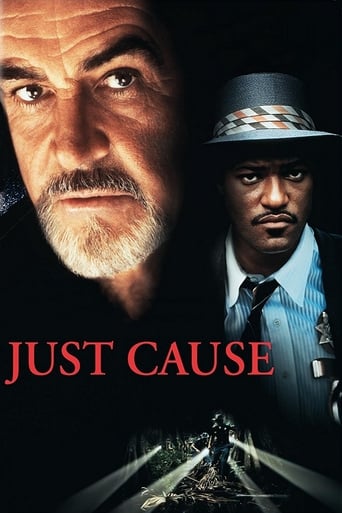


Just Cause
A Harvard professor is lured back into the courtroom after twenty-five years to take the case of a young black man condemned to death for the horrific murder of a child.
-
- Cast:
- Sean Connery , Laurence Fishburne , Blair Underwood , Kate Capshaw , Ruby Dee , Scarlett Johansson , Ed Harris


Similar titles


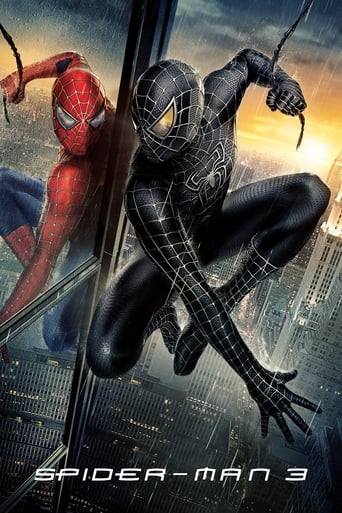
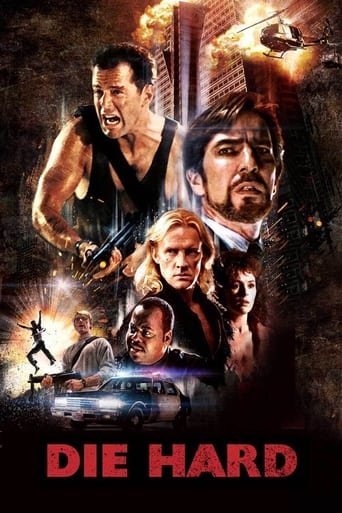
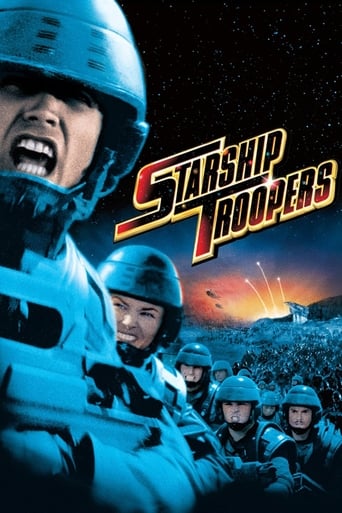
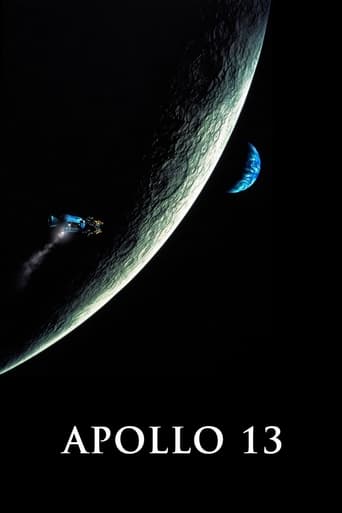
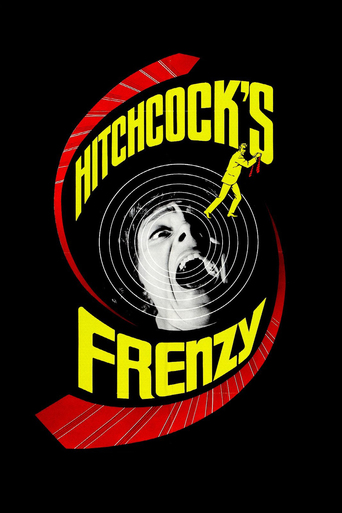
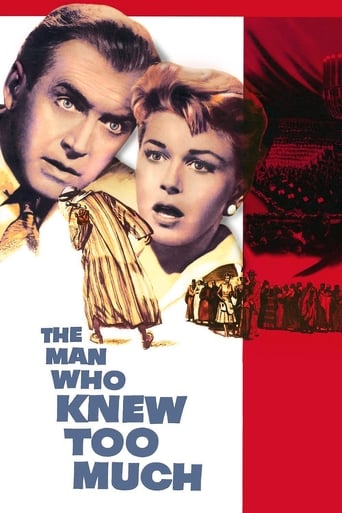
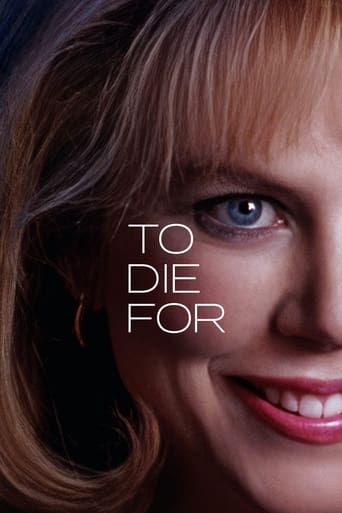
Reviews
While it doesn't offer any answers, it both thrills and makes you think.
While it is a pity that the story wasn't told with more visual finesse, this is trivial compared to our real-world problems. It takes a good movie to put that into perspective.
The thing I enjoyed most about the film is the fact that it doesn't shy away from being a super-sized-cliche;
By the time the dramatic fireworks start popping off, each one feels earned.
Sean Connery, Kate Capshaw, Blair Underwood, Ruby Dee, Ed Harris, and Laurence Fishburne star in "Just Cause," a film from 1995.Connery plays a professor, Paul Armstrong, who lectures at Harvard against capital punishment. As he's leaving the auditorium, he's approached by an elderly woman (Ruby Dee) who hands him a note from her grandson, Bobby Earl (Blair Underwood). Bobby is sitting on Death Row in Florida for the kidnap, rape, and horrific murder of an 11-year-old girl, Joanie Shriver, in 1986. He didn't do it, his confession was coerced, and they want Armstrong to take the case.Armstrong refuses, saying that he has been out of the courtroom for 25 years. However, his wife (Capshaw), an attorney herself, reads the letter and convinces him to take the case.When Armstrong and his family arrive in Ochope, Florida, he learns some disturbing things. The officers beat Earl to a pulp, even putting a gun in his mouth and playing Russian roulette in order to get him to confess. Bobby is found guilty at trial, thanks to his confession and a slipshod defense. Now he's on death row.Bobby is young, good-looking, and well-educated black man, and it's easy for Paul to see why he was disliked in this one-horse town. Bobby believes that another inmate, Blair Sullivan (Harris) might know something about the murders.I really enjoyed this film, but I will agree with other people on this board that it fell apart at the end. The motive given was really weak, making the rest of it seem contrived.However, it's very well-acted, particularly by Fisbourne as the police officer and Ed Harris in a very flashy role as Blair Sullivan. It's a dream part for a good actor.The beautiful Florida that gives the movie an incredible atmosphere - those low-hanging trees, the swamps, the alligators, the silence, the isolation makes one feel impending danger. So innocent and unspoiled, like the murdered 11- year-old who was murdered there.Highly recommended. It's derivative but given the performances and setting, that's okay.
Sean Connery plays a Liberal Harvard college professor who is also a staunch anti-capital punishment advocate. Based on his reputation, he is called upon to help a young black man(played by Blair Underwood) who was said to be wrongly convicted of the brutal murder of a young girl. At first, the professor feels pretty self-satisfied of the innocence of Underwood, and gets him released, though the investigating police officers insist he was guilty. Things then take a dark turn as the good professor learns a hard lesson himself...Solid thriller has good acting by all, and efficient direction, but it is the surprising story turns that really make this stand out, and it is good to see a Hollywood film not take the obvious,(and easy) way out in regards to the controversial subject matter, which lead to an exciting and satisfying end.
Good movie until it spirals out of control at the end. I'm glad someone FINALLY showed NATIVE Floridians. Yes, we do live here (my family's been here for five generations) and there are plenty of us in inland Florida and the Panhandle. Despite what another poster said, most Floridians are from here and still Southern. So, I'm glad to find a movie that portrays we Floridians as we are. That and Ed Harris' character did it for me. Ed Harris truly did a superb job and I loved the mention of Florida State, but the ending was terrible and absurd and featured Laurence Fishburne's on screen daughter talking like a Northerner and letting a strange man (Connery) walk into her house. Anyways, the last 30 minutes was a complete waste of time, but I only really liked it because I'm a Floridian and was proud to see the scenery - even though the constant alligator was a nuisance and cliché.
Paul Armstrong is a liberal, Scottish-born, professor of law at Harvard, known for his passionate opposition to the death penalty, who is hired to take on the case of Bobby Earl, a young black man from Florida who has been convicted of the rape and murder of Joanie Shriver, an eleven year old white girl. Earl claims that his confession to the crime was obtained under duress by a sadistic police officer and that the real murderer is Blair Sullivan, a serial killer already under sentence of death for several other murders. Armstrong visits Sullivan in his cell on death row, hoping to persuade him to confess to Joanie's murder, thereby saving Earl from the electric chair. At first all goes well. Sullivan confesses and Earl is released from prison when the appeal court quashes his conviction. As this development takes place only a little after halfway through the film, it is at this point that alarm bells will start ringing in the mind of the viewer. "Warning! Major plot twist ahead!" And so it proves. The anticipated twist soon materialises. Earl, it transpires, is actually guilty of the crime of which he has just been acquitted, and probably of several others as well, but hatched a diabolical plan together with Sullivan in order to secure his freedom; Sullivan will confess to Joanie's murder if Earl will murder his parents. (Just why Sullivan wanted his parents dead is never precisely explained). Armstrong now finds that he is himself in danger from the man whose life he has just saved; Earl has a grudge against Armstrong's wife, herself a lawyer, who acted as Counsel for the prosecution in an earlier case when Earl was accused of rape. "Just Cause" is an example of the auto-cannibalism in which Hollywood sometimes likes to indulge, cobbling together one film by recycling themes and plot devices from a number of others. The first half owes an obvious debt to films like "Intruder in the Dust" and "To Kill a Mockingbird"; about the only difference is that the Sheriff who beats a confession out of Bobby Earl is himself black, whereas in earlier films he would have been white. (Police brutality is now an equal opportunities activity). The central twist in the plot was borrowed from Costa-Gavras's "Music Box", although in that film the revelation does not occur until the very end. The finale, in which a lawyer, his wife and their young daughter are in danger from a former client, is an obvious plagiarism of the two versions of "Cape Fear", which also take place in the swamplands of the American South. Ed Harris' characterisation of Sullivan as a Bible-quoting religious maniac is a direct imitation of Robert de Niro's character in the Scorsese version of "Cape Fear", made four years before "Just Cause". (There is a postscript. Just as "Just Cause" borrowed heavily from several other movies, seven years later its central plot twist was, in its turn, to be blatantly plagiarised in the Ashley Judd vehicle "High Crimes"). The trouble with this style of film-making-by-numbers is that the resulting films are generally much less distinguished than those which inspired them. The whole is normally very much less than the sum of the parts, and "Just Cause" is a much lesser film than any of those which were cannibalised to make it. Harris is normally a gifted actor but this is one of his weakest performances, largely because he is not so much playing a character as playing de Niro playing Max Cady. Blair Underwood is OK as Bobby Earl the (supposedly) innocent young man of the early scenes, but unconvincing as Bobby Earl the murderous psychopath of the later ones. Sean Connery as Armstrong and Laurence Fishburne as the black Sheriff are rather better, but neither is good enough to save the film. (Connery and Harris were to act together in another, better, film, "The Rock", the following year). There is another problem with "Just Cause". The first half of the film looks like a standard liberal "issue" movie, anti-death penalty, anti-racist and critical of heavy-handed policing. The second half looks more like the work of a die-hard reactionary, preaching the message that all criminals are evil bastards, that the only way to deal with them is to fry them in the chair, that liberal lawyers are the useful idiots of the criminal fraternity and that police officers who beat up suspects are to be commended as heroes. The filmmakers seem to have been blissfully unaware that the plot twist casually introduced into the middle of their film had the (presumably unwanted) effect of reversing its political stance, or if they were aware of the problem they ignored it. A suitably convoluted plot was obviously thought to be more important than political consistency. 4/10

